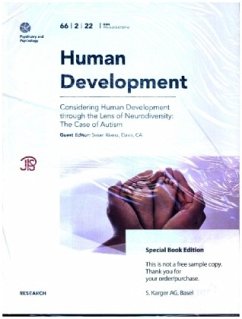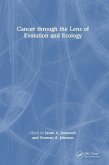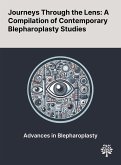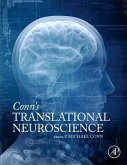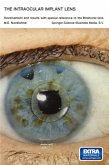This special issue presents a collection of manuscripts that take a neurodiversity perspective in understanding various aspects of development and well-being in autism. The issue begins with an overview that describes neurodiversity approaches and their meaning for researchers. The remaining articles span a range of topics, representing the myriad of ways that the neurodiversity perspective can impact development. One contribution explores academic achievement (specifically, writing skills) and draws upon theories of both writing and autism that are grounded in neurodiversity movement perspectives. Another examines the concepts of masking and camouflaging (concealing autistic traits to "pass" as non-autistic) and explores how these are linked to negative developmental outcomes such as stress, loss of identity, and mental illness. A third paper discusses autistic identity development in relation to other marginalized identities, including racial/ethnic minorities and gender and sexual minorities, and emphasizes the importance of exploring differences within the autistic community for promoting positive autistic identity development. Finally, a commentary on the collection serves to situate the papers within the broader debate around neurodiversity, highlighting key areas where divergent viewpoints exist, and offering suggestions to lay the groundwork for future productive dialogue and resolution. This special topic issue is of interest to researchers, students, clinicians and healthcare providers in this field.
Bitte wählen Sie Ihr Anliegen aus.
Rechnungen
Retourenschein anfordern
Bestellstatus
Storno

